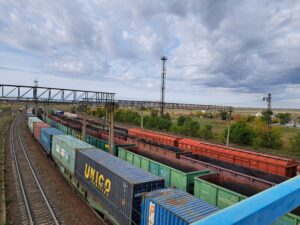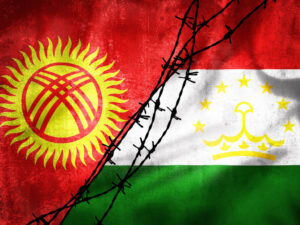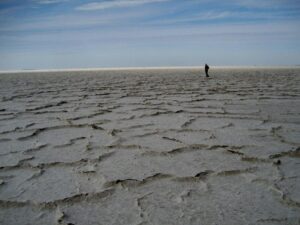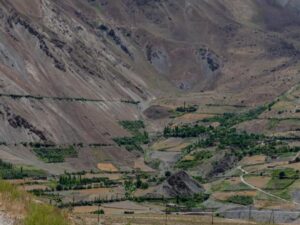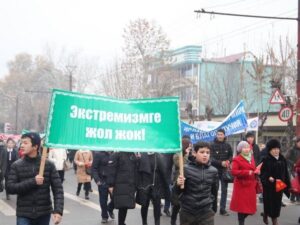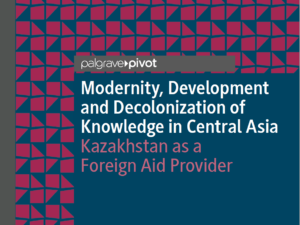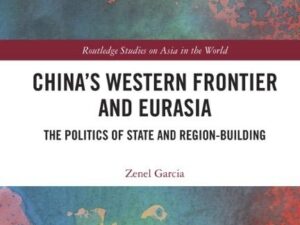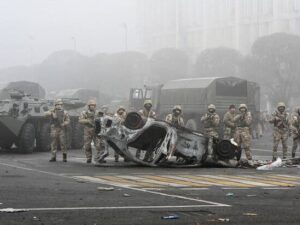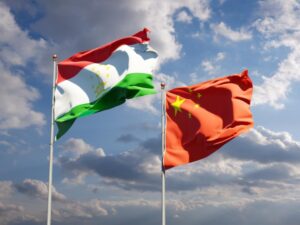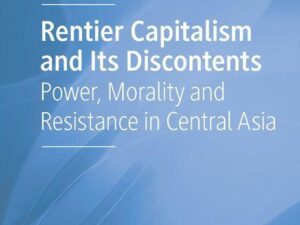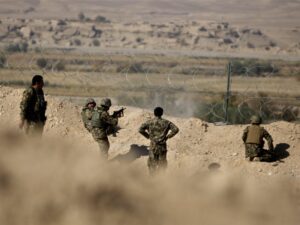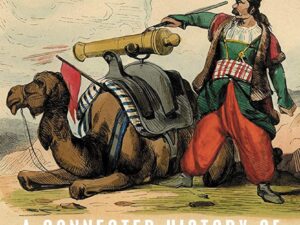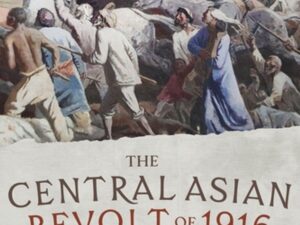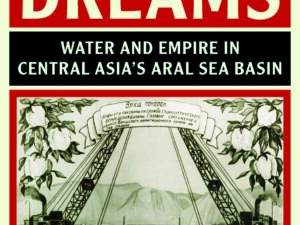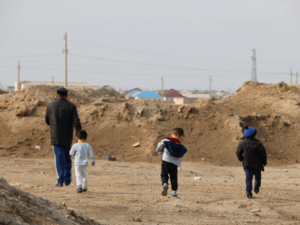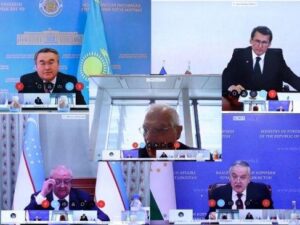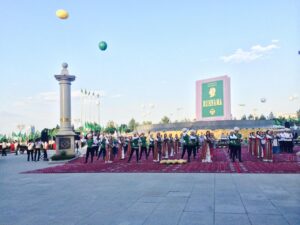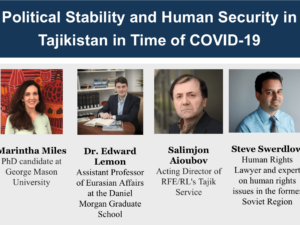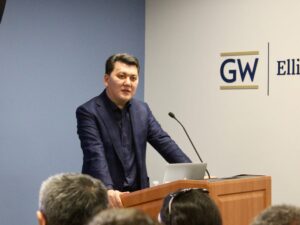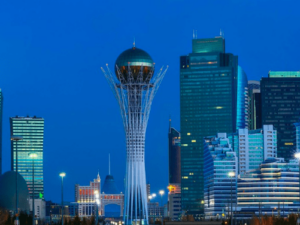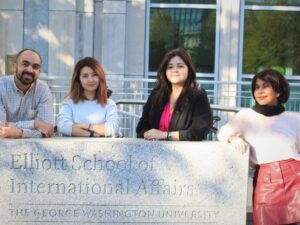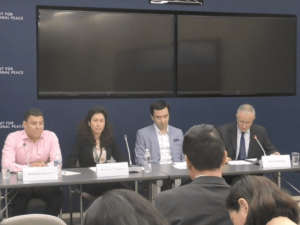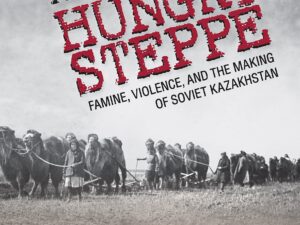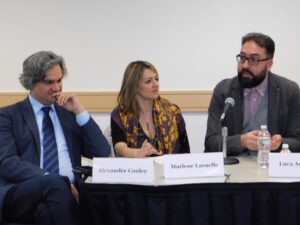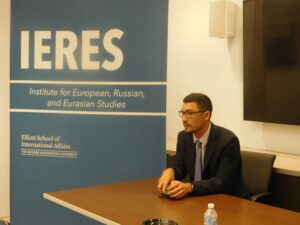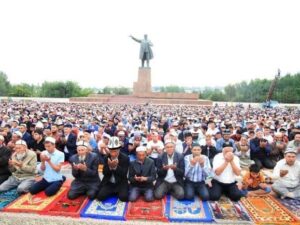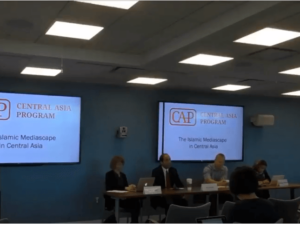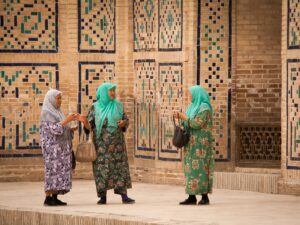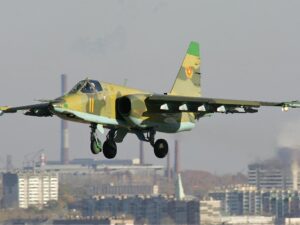
- This event has passed.
Central Asia as a Pivot in China’s BRI
with the author Zenel Garcia
26 January, 2022 @ 10:00 AM – 11:00 AM
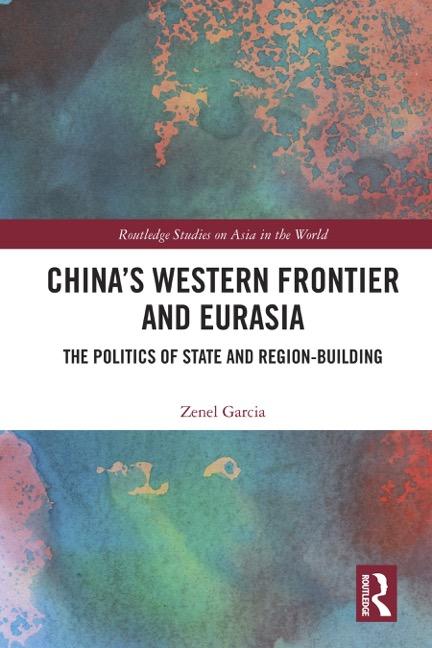
The Central Asia Program invites you to an online event based on Zenel Garcia’s recent book China’s Western Frontier and Eurasia.
With the Belt and Road Initiative (BRI), a project that aims to integrate China’s frontier spaces more effectively to its center while simultaneously opening them to Eurasian markets and supply chains, Central Asia has gone from being a peripheral region in Beijing’s foreign policy to a pivotal one. This change has come about as a result of Beijing’s growing recognition that the stability and sustainable development of its interior provinces is contingent on the development and stability of the CARs. From Beijing’s perspective, stability and sustainable development in Central Asia mitigates the possibility of ethnic unrest along its western frontier, provides the foundation for emergent Eurasian supply chains, and serves as a market for Chinese goods in its own right. In this context, the BRI becomes the policy vessel for reinforcing the increasingly symbiotic Sino-Central Asian relationship.
Zenel Garcia is an Associate Professor of Security Studies in the Department of National Security and Strategy at the US Army War College. His research focuses on the intersection of international relations theory, security, and geopolitics in the Indo-Pacific and Eurasia. He is the author of China’s Western Frontier and Eurasia: The Politics of State and Region-Building (New York: Routledge, 2021) and China’s Military Modernization, Japan’s Normalization and the South China Sea Territorial Disputes (Gewerbestrasse: Palgrave MacMillan, 2019). Sebastien Peyrouse, Moderator Sebastien Peyrouse, PhD, is a Research Professor at the Central Asia Program in the Institute for European, Russian and Eurasian Studies (George Washington University) and a Senior Fellow with the George H. W. Bush Foundation for U.S.-China relations. His main areas of expertise are political systems in Central Asia, economic and social issues, Islam and religious minorities, and Central Asia’s geopolitical positioning toward China, India and South Asia. |





